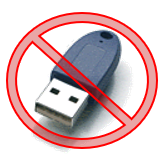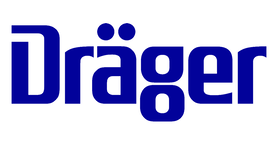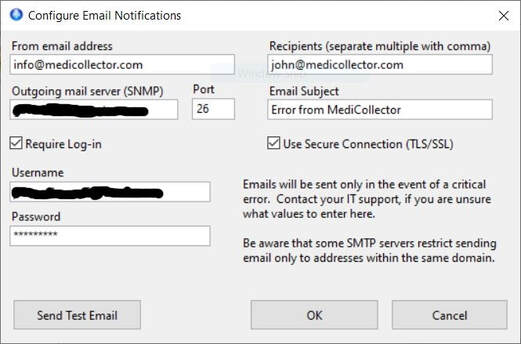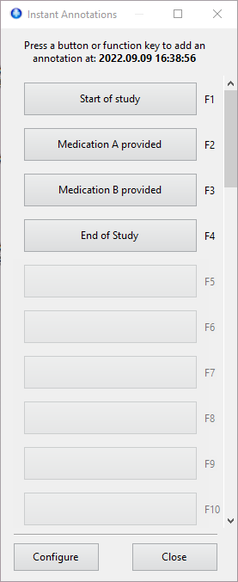|
MediCollector offices will be closed from June 27 to July 17 for summer break 2024.
This break will only affect orders for hardware (e.g. cables). Hardware orders placed during break will ship on July 18. No other operations are affected. We will continue to provide email and phone technical support and sales support. And we will still ship license subscriptions which are now delivered electronically via email.
0 Comments
 We'd like to thank all our dedicated users by lowering the prices of our most popular products! Remember that all our sales are for subscriptions only, so prices are "per year". Checkout our Order Page to see the new prices. And let us know if you have any questions or feedback. Happy New Year 2024!
We would like to announce that all of our software applications will now be licensed using yearly subscriptions. And the cost of these subscriptions is lower than the perpetual licenses we sold last year. Upon purchase, we will email you an Activation ID and Password which can instantly unlock the software. Your subscription will remain active for 1 year and can be easily renewed. We are certain this switch will be a positive change for both our customers and our company. It means the entry price is lower, and it also means we don't need to ship you a license dongle. Here are some of the details:
 Good riddance dongles! Good riddance dongles! You've made it loud and clear to us over the years: shipping our software licenses on USB dongles is not convenient for many reasons:
For these and many other reasons, MediCollector is in the process of migrating to a new licensing model with these changes:
Please note: If you have a dongle, you don't need to do anything. It will continue to function indefinitely. And our software will continue to recognize dongles indefinitely. These changes will only apply to new licenses and won't take effect until later this year. Stay tuned! As you may know, when you are recording data with MediCollector BEDSIDE you can add annotations to mark events in your data. For example, you might want to mark when a patient is being given medication or when a procedure is being performed. This can be done by clicking on the ADD ANNOTATION button and typing the annotation into the window below. But what if you want to add lots of annotations without having to type them out every time? With the release of MediCollector BEDSIDE v1.1.36, you can now configure a collection of buttons associated with your own custom annotation text. So you can quickly generate annotations at the click of a button, as seen below. For more info, download the latest version of MediCollector today!
MediCollector is constantly monitoring and testing it's interfaces to our supported medical devices. Sometimes manufacturer's will release a new version of their interface which requires a change to our software. And other times we find a hidden bug in our code, or add a new device driver or some other useful new functionality. When this happens, will we release a software update through our website. Our updates are not regularly scheduled. If we discover a critical issue, we'll release an update right away. If we only make minor improvements, we'll delay the update. As a customer, its a good idea to know when these updates are released.
Here's what we recommend:
This post is specifically for our customers who are connecting to a Philips Intellivue patient monitor and have discovered that their patient monitors do not have the required hardware. Click READ MORE below.

Do you need data from a Draeger patient monitor? MediCollector now supports integration with the Draeger Infinity Series of patient monitors, including the Draeger Infinity Delta, Kappa, Gamma, Vista and IACS models.
Data can be acquired, recorded and streamed to external applications for all your medical data-acquisition and integration needs. For more details about specific model numbers and required cabling, please see our list of Support Devices.  Many people use the MediCollector BEDSIDE or MediCollector SERVICE products to record or stream data for long periods of time. Sometimes days or even weeks at a time. This often requires that you leave the computer unattended for extended periods of time. When doing so, it can be helpful to know when something goes wrong with your recording while you are away. For example, sometimes cables can be unplugged or other unexpected events can happen. To meet this need, you can use MediCollector's built-in functionality for Email Notifications. To enable Email Notifications in the BEDSIDE or SERVICE versions of our products, do this:
Now you will get an email if something goes wrong while you are away! |
PurposeThis blog provides all the latest news and updates related to MediCollector.
AuthorJohn Osborne
Founder of MediCollector Archives
June 2024
Categories |




 RSS Feed
RSS Feed